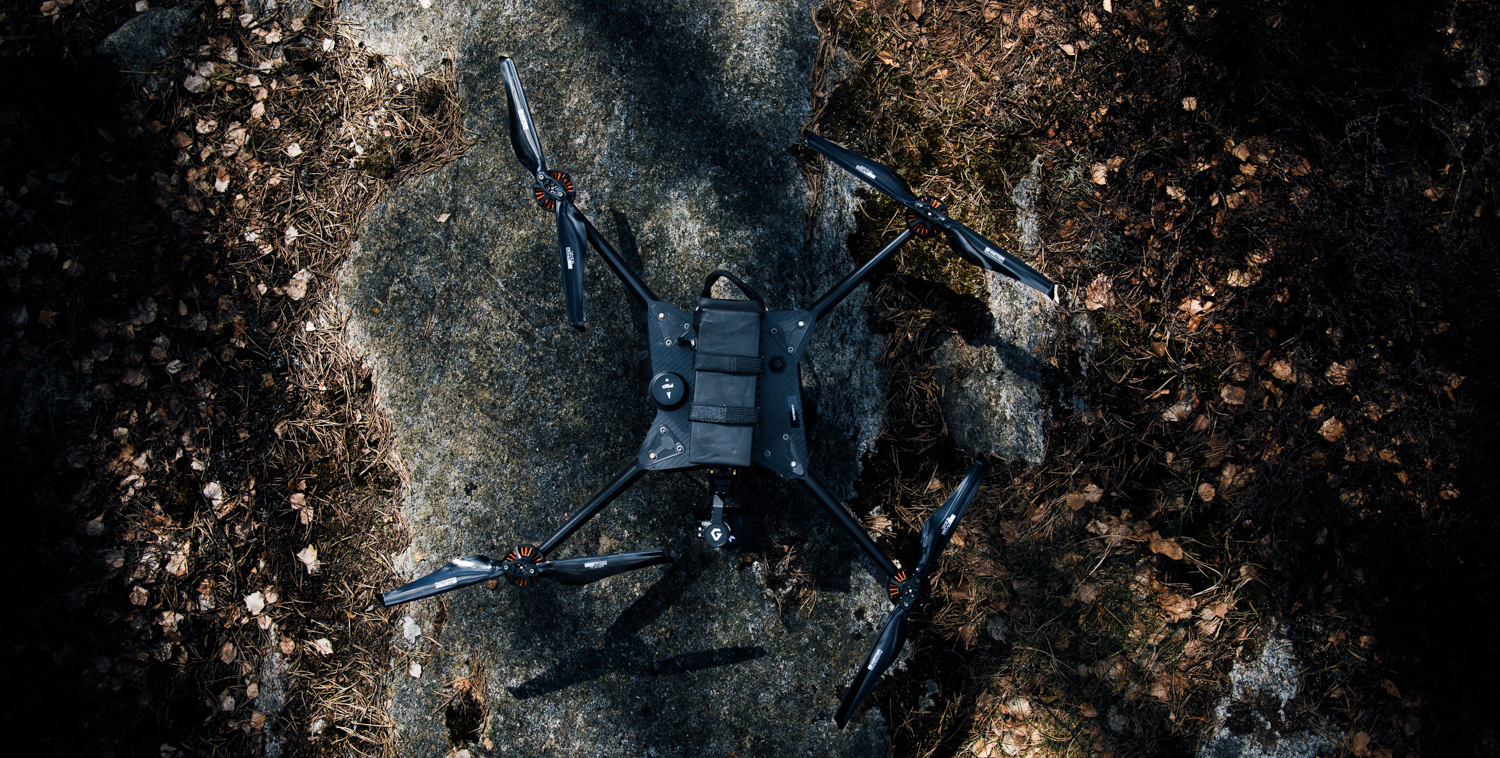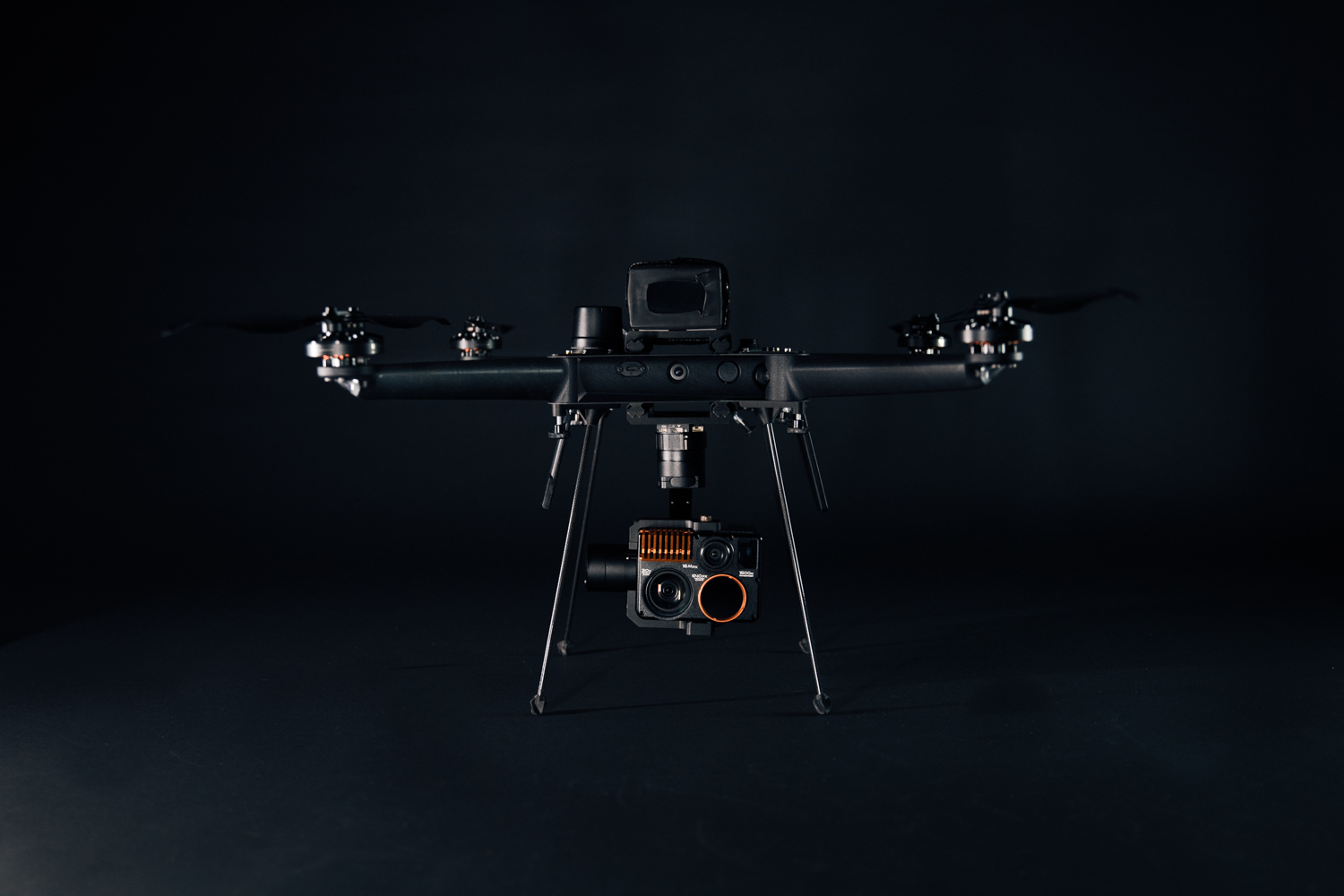Airolit is a Swedish unmanned aerial vehicle (UAV) supplier on the rise. The company distinguishes itself from most UAV/drone suppliers by its ability to develop and support its own industrial-grade UAV platforms with tailored or custom payloads. Airolit’s customers are both civilian and defence, with their UAVs used for applications that include intelligence and reconnaissance, and for search and rescue missions in all weather conditions.
News
Robust, Swedish drone manufacturer uses Kvaser interfaces to assure battery reliability

“We use in-house developed software and appreciate the Kvaser tool’s flexibility and Linux support.”
As Airolit’s UAV models attest, and in contrast to the hobbyist models that many of us are familiar with, industrial-grade UAVs have come to embrace the functional safety and security considerations that are key to any safety-critical system design with hard real-time requirements. It is for that reason that they often use CAN for a range of control and communication tasks.
Philip Karlsson Gisslow, CTO at Airolit, confirms that while basic drones typically use more primitive communication protocols such as UART/serial to communicate between the battery and flight controller, CAN provides greater reliability and electromagnetic resistance for industrial applications. Hence, Airolit uses Kvaser’s U100 CAN to USB interface to check battery communications on the company’s test rigs. “We need to know that our CAN driver is correctly implemented and hence, that the battery is communicating the right frames and that there are no communication delays. We use in-house developed software and appreciate the Kvaser tool’s flexibility and Linux support,” he says.
Airolit has two UAV platforms; the Explorian XLT and the Airolit S1. With a wide operating temperature range, secure point to point data links, its own GPS with RTK positioning, and optional tethered power, the Explorian XLT carries a 5kg payload, such as a multi-sensor camera or LiDAR system. The smaller Airolit S1 is destined for ISR (Intelligence, Surveillance, Reconnaissance), including search and rescue and carries 3kg.
Filip Pihlqvist, Airolit’s CFO, says that industrial-specified drones are ‘still regarded as very new, as large corporations and organisations work out how to use and integrate them into their processes.’ It is for this reason that Airolit offers an ‘end to end’ service that includes training on Airolit’s systems and custom sensor integration. However, with the adoption of similar approaches to those used by the automotive industry to streamline design, such as a standardised connector that facilitates the interchange of different sensors and a platform approach that accommodates customer’s own sensors, Airolit is well-positioned to address growing opportunities for drones, particularly within Europe.

The new Airolit S1 UAV is IP55 rated and optimized for operation in rain and snow conditions.
 linkedin
linkedin twitter
twitter youtube
youtube youku
youku weixin
weixin